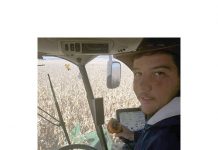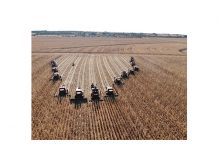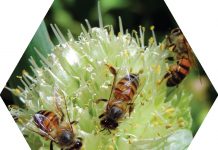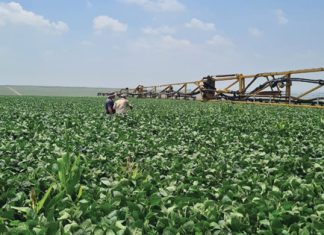The first and most critical input to ensure a good harvest, comes in the smallest form – that of a seed. No producer in the world, even with the best equipment and inputs, can gain a good harvest out of poor-quality seed.
In today’s environment where agriculture has to face increasing pressure due to climate change and an ever-growing population, crop failure is not an option. Quality seed, therefore, is the starting point of all efforts towards raising producers’ productivity and income, and in the long term, ensuring food security.
A strong seed system underpins a country’s efforts to achieve food and nutrition security. The World Food Programme mapped out countries on the prevalence of hunger and malnutrition in the population (2015) – see Figure 1. The countries that have high levels of undernourishment are often countries that have weak seed systems.
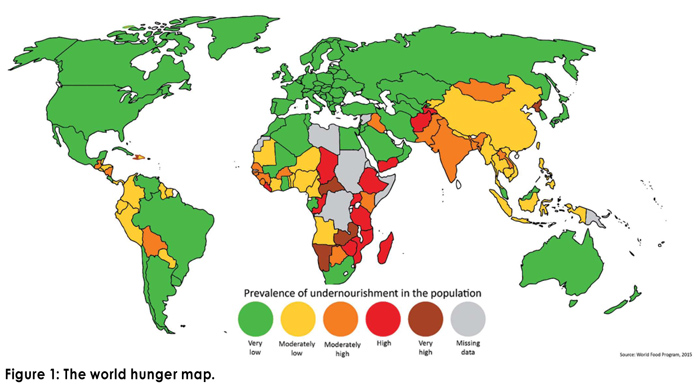 Before quality seeds reach the hands of producers, significant investment in time and research is made by seed companies to develop innovative varieties. These seeds sometimes travel across borders, as it is the case for a typical corn or vegetable crop – from development, multiplication, processing, conditioning and packing to consumption.
Before quality seeds reach the hands of producers, significant investment in time and research is made by seed companies to develop innovative varieties. These seeds sometimes travel across borders, as it is the case for a typical corn or vegetable crop – from development, multiplication, processing, conditioning and packing to consumption.
Whether this process effectively takes place or not in a given country is decided by the kind of regulatory framework that exists there. It is, therefore, critical for a country wishing to provide its producers with quality seeds, to adopt the right regulatory environment: A clear framework supported by functioning institutions and efficient procedures. This covers a vast range of areas including the management of their genetic resources, the possibility to use the latest plant breeding methods, phytosanitary measures, seed-applied technologies and others.
Seed is life
Almost a decade ago, during the second World Seed Conference in Rome (Italy), a declaration was made emphasising the need to have a collective rather than individual environment for regulation in the following areas:
- The role of varieties and seed in addressing the challenges facing agriculture.
- Benefits of new plant varieties and high-quality seed for a dynamic and sustainable agriculture.
- The development of an enabling regulatory environment to provide food security and economic development.
Five international organisations have united to form the World Seed Partnership, whose aim is to develop harmonised seed systems globally. The Organisation for Economic Co-operation and Development (OECD) develops reliable and internationally acceptable seed varietal certification systems enabling a safe and secure movement of seeds – nationally and across borders. The International Union for the Protection of new Varieties of Plants (UPOV) is involved in the establishment of an effective system of intellectual plant variety protection and implementation at the national level.
The International Seed Testing Association (ISTA) enhances seed quality assurance for better on-field performance through improved seed sampling, seed testing and storage capabilities. The International Seed Federation (ISF) aims at creating the best environment for the global movement of seed, and promote plant breeding and innovation in seed. The World Farmers Organisation (WFO) is an international member-based organisation whose mandate is to bring together farmers’ organisations and agricultural cooperatives from all over the world, representing producers at the global level.
Combining their knowledge and networks, these partners provide guidance on the development of an appropriate and effective seed regulatory framework to enhance producers’ access to quality seed all around the world. They do so by talking to policymakers, intergovernmental organisations, technical bodies and seed associations at the regional and national level.
Continuing the dialogue in South Africa
Next year the biggest annual gathering of the global seed industry will take place in Cape Town, with over 1 500 delegates expected to attend. The ISF World Seed Congress brings together the principal architects and decision-makers of the global seed industry. The congress attracts seed professionals from all over the world for trading and discussions on technical and business issues in the form of meetings, panel discussions and side events.
It will be co-organised by the ISF and the host country’s South African National Seed Organisation (SANSOR).



